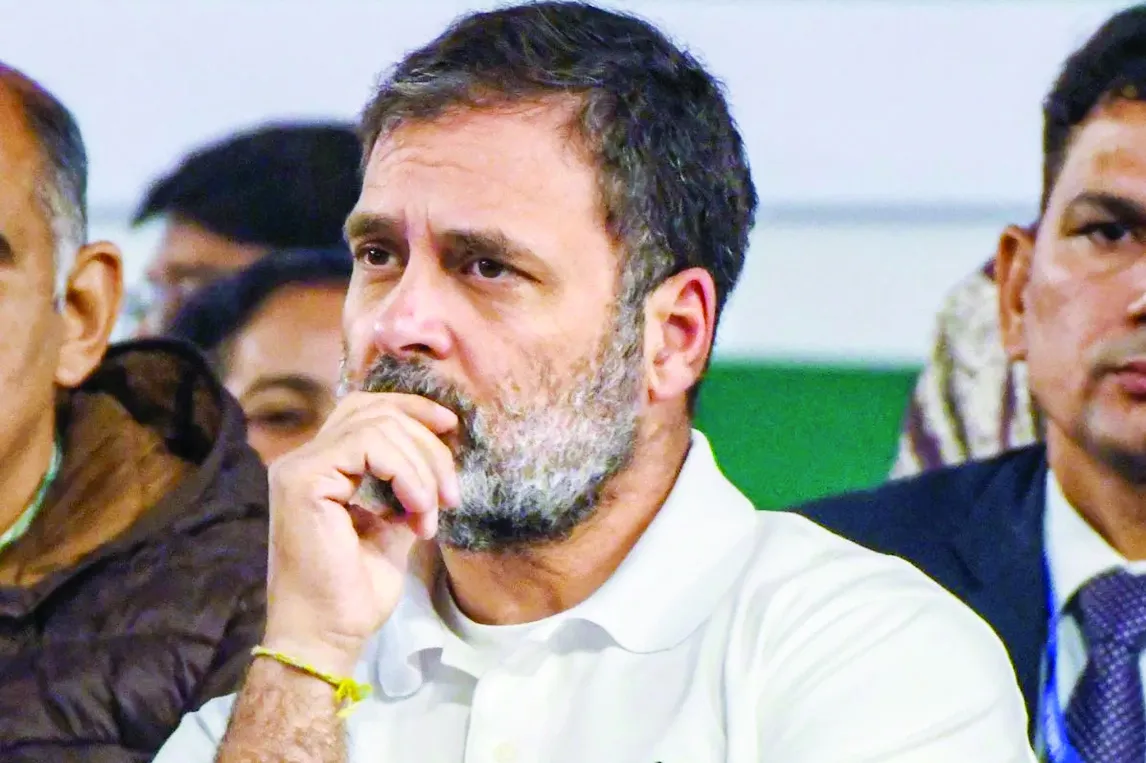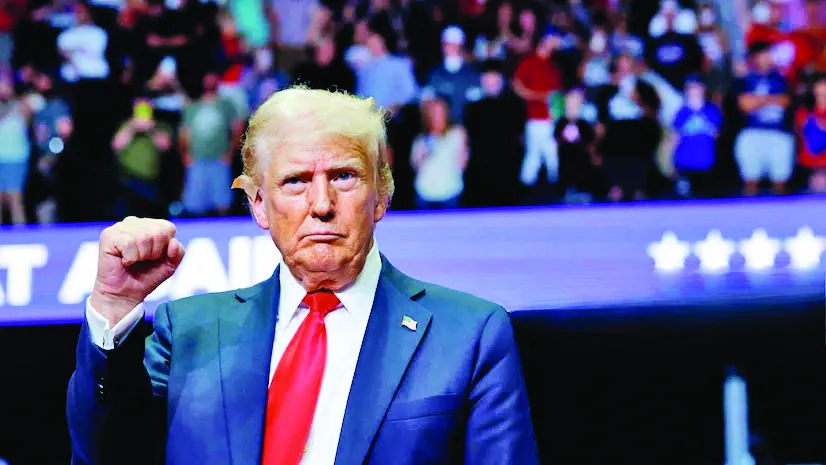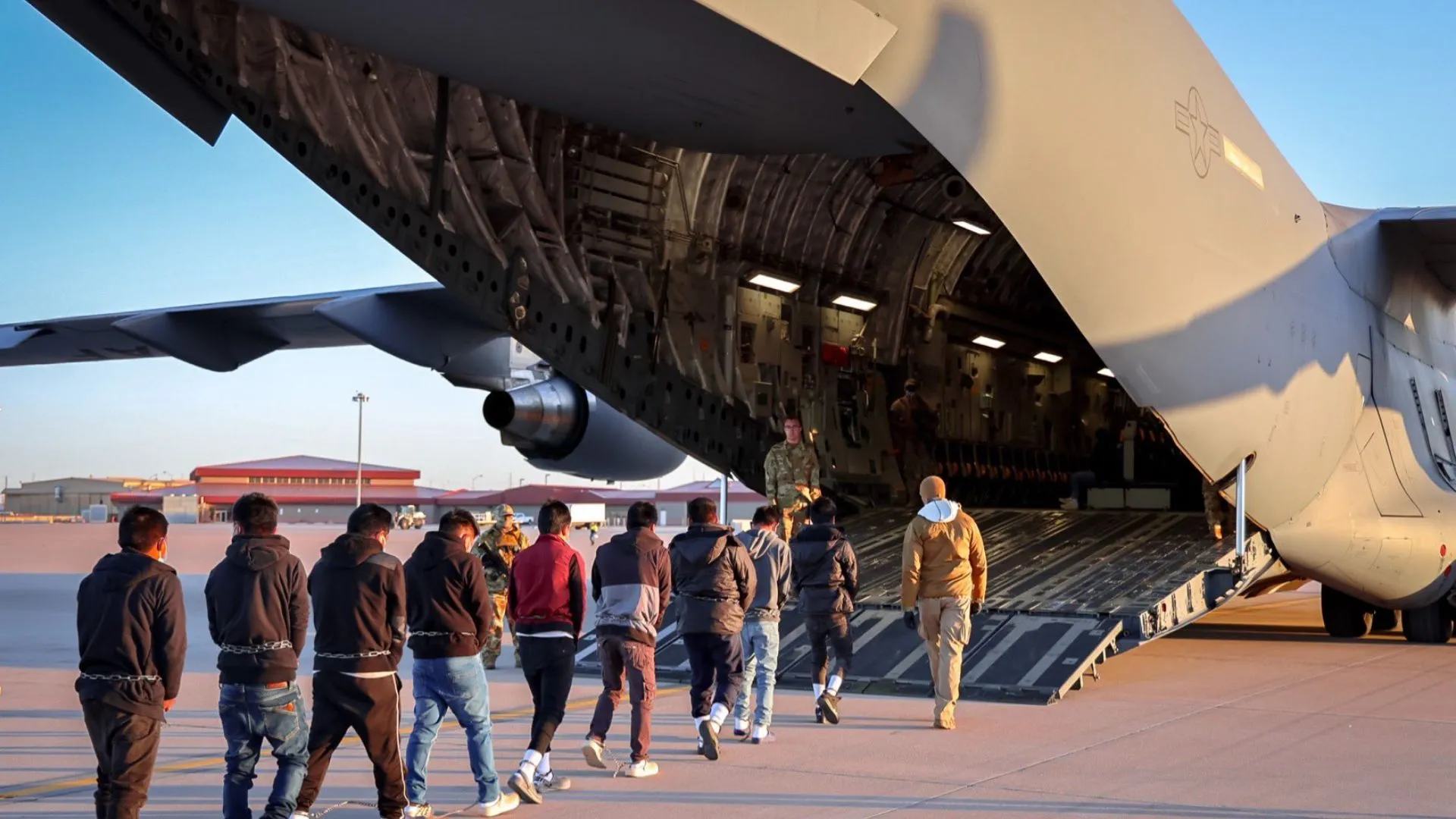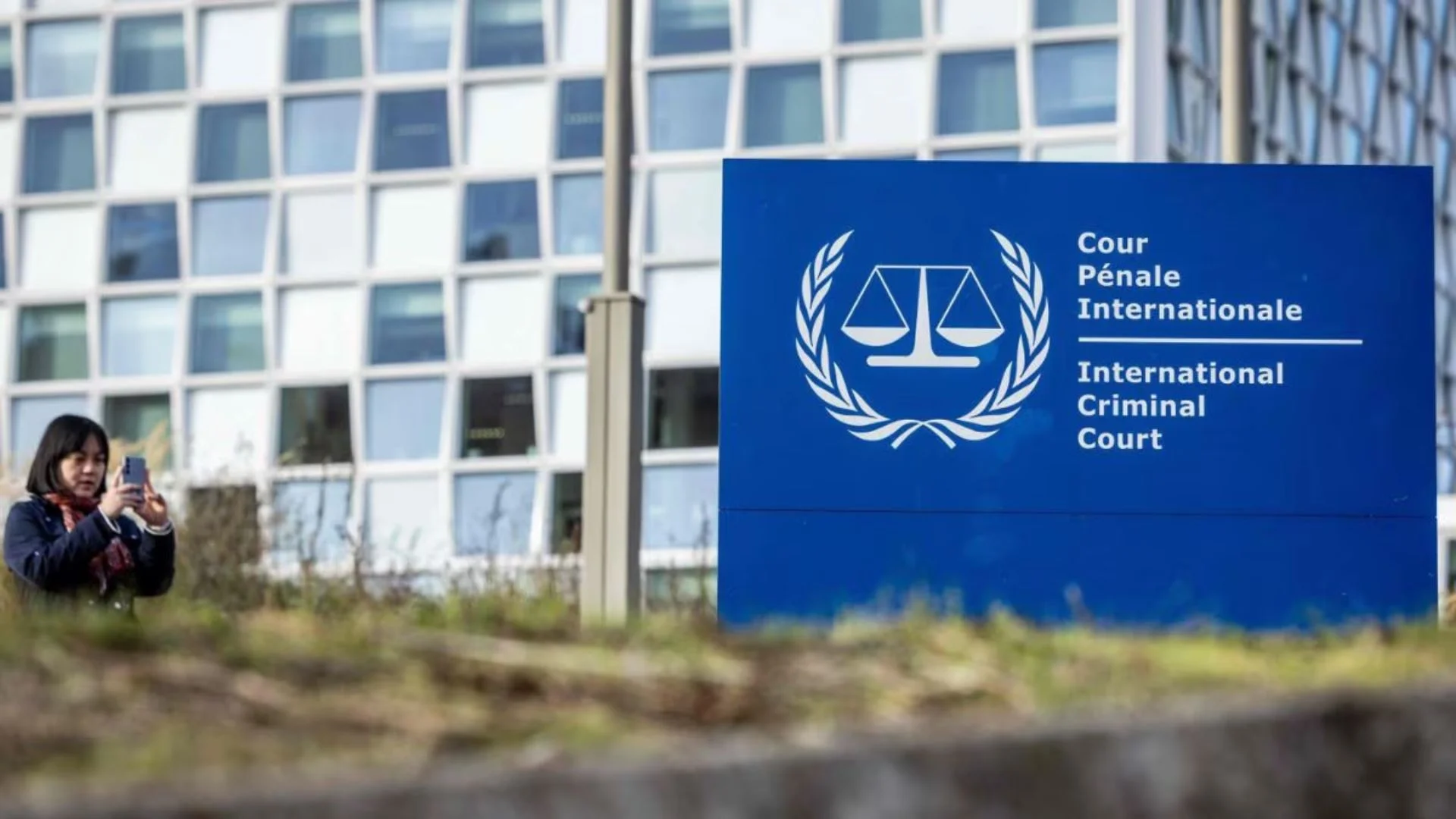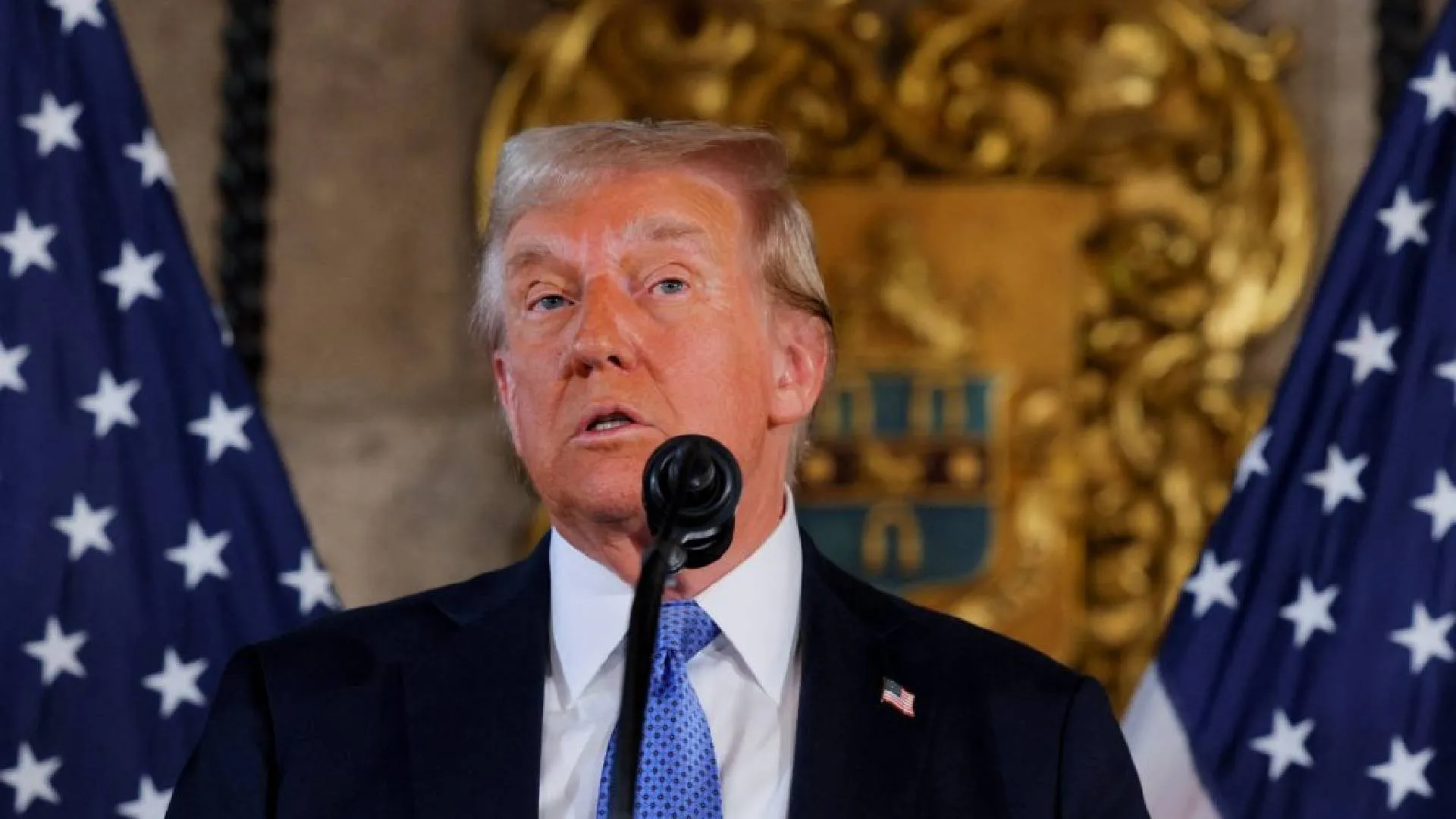It would appear that coronavirus is here to stay. It may be tackled as a pandemic one day, but certainly it will create a “new normal” for the world. Some earlier pandemics had a similar impact. As we look back in history, the Antonine Plague of 165-180 AD (which may have been smallpox or measles) killed approximately 5 million people, hastening the end of the Roman Empire.
After World War I, the Spanish Flu claimed at least 50 million lives (with about 500 million people, or one-third of the world’s population, infected) and triggered significant steps in global health governance such as the creation of the World Health Organization (WHO) and also led to economic distress in Asia, Europe and the US. Recovery thankfully was V-shaped, but some argue that it led eventually to the rise of Hitler. It also showed that the world is not really prepared to handle epidemics and therefore needed better coordination and cooperation. Similarly, more recent epidemics and pandemics caused by HIV (AIDS), SARS, H1N1 or the Ebola virus, support the view that the world needs enhancement of international cooperation and preparedness. Obviously, the lessons were never really absorbed by nations as we see clearly now with Covid-19. The impact is certainly both geopolitical and geo-economic.
Today politics and governance are not as we knew them in the past. Modern statecraft is multifaceted and complex (issues for example are social, political, economic, environmental, military and securityrelated) which leads us to appreciate this to navigate the ongoing crisis and forecast its implications for the global order. There is a transition in the history of international relations with this corona pandemic. International diplomacy, central to statecraft, is strongly influenced by this. Global politics stands threatened by increased tensions, blame game, and finger pointing especially between the United States and China. The US squarely blames China probably as a geopolitical strategy using coronavirus as an alibi to hinder the emergence of a new global contender.
Experts argue that the factors that currently lead to dissonance are US unilateralism versus China’s authoritarianism. How does the world address these issues? Can the UN play a role? Probably not since both are part of the Security Council and have veto rights. Neither would allow global governance to interfere with their strategies.
Globalisation has had its benefits. The prosperity witnessed post WW-II was largely through technology breakthrough, free trade, spread of education and absence of a huge conflict. This last factor was crucial. The world cannot afford any one power seeking hegemony as the new form for colonisation.
We need to assess the possible impact of the virus on these leading economies. China will not only bear the brunt of all the negative publicity that has come from being blamed as the originator of the virus, that it ostensibly tried initially to hide, but will feel the heat on its signature programme of BRI (Belt and Road Initiative). In a bleak economic situation BRI is likely to hit a funding shortfall. As would the whole exportoriented Chinese economy that would face severe pressure from demanddrops in the US, Europe and world markets on account of the pandemic. Covid-19 has exposed the need for Beijing’s decisionmakers to focus on domestic development and China will have to reconcile its thrust overseas with local resources. Whether in Asia or Africa, project failures, cases of insolvency, and bankruptcies are expected to grow exponentially along BRI routes in the months, if not years to come, leading to BRI loans remaining unpaid and disrupting the entire Chinese strategy. BRI will not stop but it will change as will the geo-politics around it.
The US economy is badly impacted, and the administration appears to have gone into a domestic huddle. Infected numbers and deaths across the US continue to rise and the economy is deteriorating. Unemployment at 14% is the highest since the Great Depression. Work-fromhome and tele-working have grown exponentially but the lower strata of society and the less educated have been hurt the most. With the required greater domestic focus, the US has been compelled to reduce its international policing role.
Europe is also in a bind. Different European countries followed different strategies for handling the virus but overall, the economic impact has touched all economies and reduced the EU’s international clout. And yet, the world expects Europe to stand up and be counted. To be that required counterbalance to unilateralism and authoritarianism. The same could be expected of a rising and strong India. To be a counterpoise along with a united Europe to these emerging trends. To stand not as in the past as part of a ‘non-aligned’ faction but one that pushes for co-existence in this multipolar world.
Post-corona economic consequences match the three scenarios of a VCurve; a U-Curve; or an L-Curve. V-Curve or the best-case scenario envisages a moderate economic disturbance, which can hopefully be dealt with by the existing world order where economies bounce back post the virus. A much more likely scenario is probably the U-Curve which may be rather bad for the world as it foresees severe economic damage necessitating a massive demand for reconstruction. Economies would have a protracted bottom of the U-Curve where available resources and a shaky global institutional architecture cannot cope with the downturn for a relatively longish period. The worst-case or L-Curve scenario could be really ugly: it includes a devastating economic collapse of potentially historic proportions, leading to social and political turmoil in a number of countries, lost benefits of globalisation and connectivity resulting in massive global changes that wreck the world order for years to come.
So, will the post-Covid world see co-existence as opposed to unilateralism? There is certainly hope for that. After all what this virus has achieved, probably for the first time in human history, is a unified human consciousness that looks at each one of us as global citizens and not just that of any one country. The online networks and common strategies for pandemic handling have brought on this realisation. We are but a global village that is connected not only by trade and commerce but shared health policies and common socio-cultural behaviour.
As business models become virtual, maybe geopolitics too will. We shall witness a digitisation of geopolitics brought on by corona and advances in technology. The distinction between biological, digital and virtual would blur further and geopolitics may no more be the preserve of the state but have multiple stakeholders at play including large technology platforms, sub-state actors, non-state actors, digitally mobilised communities and even influential or vocal individuals. Add to this the Fourth Industrial Revolution and geopolitics becomes compulsorily multi-stakeholder-oriented where co-existence becomes the norm. That is not just the expectation and hope but something we would expect geopolitics to absorb and address.
The writer is a former civil servant and presently Distinguished Fellow at CUTS International.


